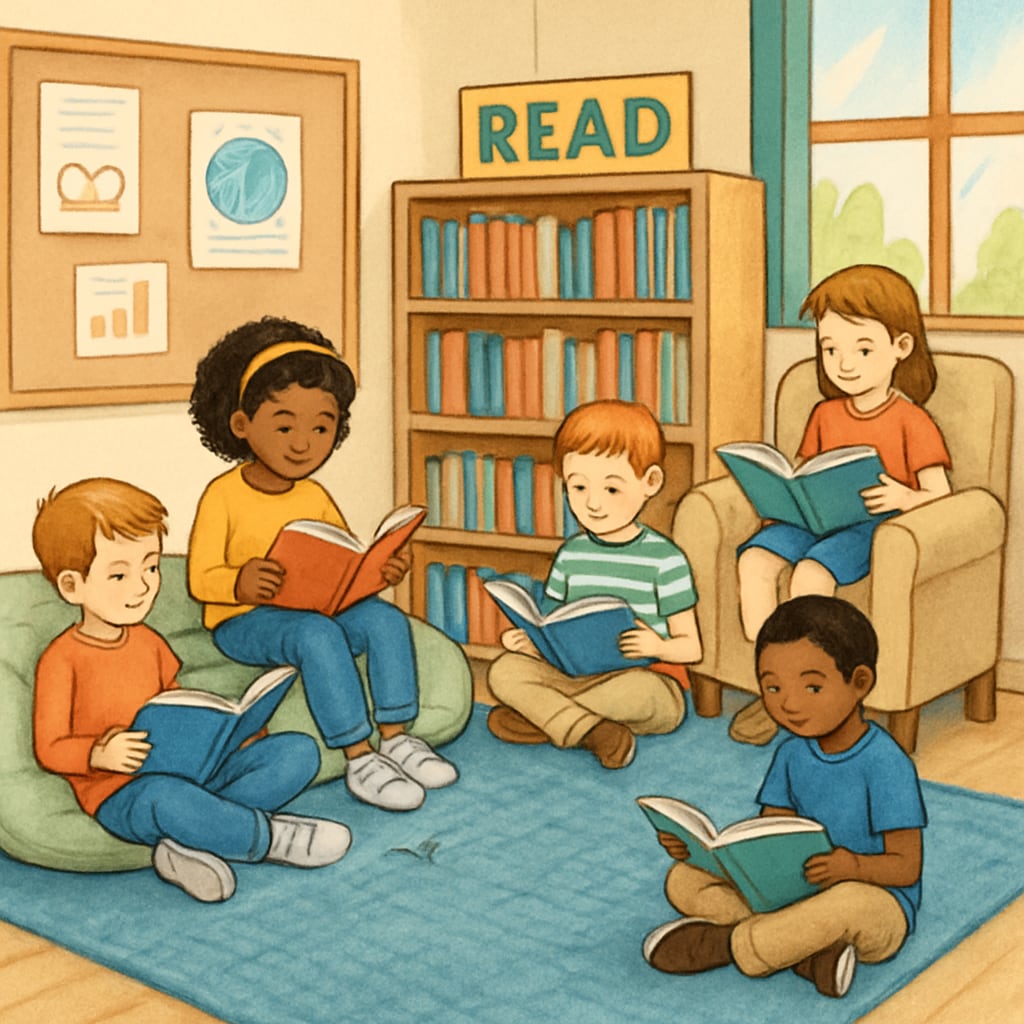Reading comprehension tests, A.R. points, and fostering reading interest are critical components of elementary education. However, the cost of programs like Accelerated Reader (A.R.) can be a barrier for schools and families with limited budgets. Fortunately, there are free and engaging alternatives that not only evaluate comprehension but also nurture a genuine love for reading. This article explores these budget-friendly solutions, offering educators and parents practical ways to inspire young readers while meeting their academic goals.
Why Look Beyond A.R. Points?
Accelerated Reader is a well-known program that assigns points based on students’ performance in reading comprehension quizzes. While it’s effective, the subscription costs can be prohibitive for many schools and families. Additionally, some critics argue that focusing too heavily on earning points can shift students’ attention away from the intrinsic joys of reading. By seeking free alternatives, educators can prioritize fostering curiosity and critical thinking while still evaluating comprehension.

Top Free Alternatives for Reading Comprehension Tests
Here are some excellent resources that provide free reading comprehension assessments while encouraging students’ love for learning:
- ReadWorks: This platform offers a vast library of reading comprehension materials tailored to various grade levels. Each passage is accompanied by multiple-choice and open-ended questions, enabling students to practice critical thinking. Visit ReadWorks.
- CommonLit: Designed for grades 3-12, CommonLit provides free reading passages with comprehension questions. The platform also includes tools for tracking progress and aligning with educational standards. Explore CommonLit.
- K12Reader: This site offers printable worksheets for students from kindergarten to high school. The resources are categorized by grade and skill, making it easy to find suitable materials. Check out K12Reader.
These resources are not only cost-effective but also diverse in their content, catering to different interests and skill levels. By using such tools, educators can ensure that students receive high-quality reading practice without financial constraints.
Fostering a Lifelong Love for Reading
While free reading comprehension tests are an essential tool, they should be part of a broader effort to cultivate a passion for reading. Here are some strategies to achieve this:
- Choice Matters: Allow students to choose books that align with their interests. When children have a say in what they read, they are more likely to engage with the material.
- Create a Reading-Friendly Environment: Transform classrooms or homes into cozy reading nooks with comfortable seating and a variety of books. A welcoming atmosphere can make reading more appealing.
- Celebrate Progress: Recognize and celebrate milestones, such as completing a book or improving comprehension skills. Positive reinforcement can motivate students to continue exploring literature.

Conclusion: Balancing Assessment and Inspiration
By exploring free reading comprehension test alternatives, educators and parents can move beyond the limitations of A.R. points to create a richer reading experience for elementary students. Tools like ReadWorks, CommonLit, and K12Reader offer accessible means to evaluate comprehension while emphasizing the joy of discovery through books. With the right strategies and resources, it’s possible to ignite a lifelong love for reading in young learners—even on a tight budget.
Readability guidance: This article uses short paragraphs and lists to enhance clarity. It avoids excessive passive voice and long sentences, ensuring accessibility for a broad audience. Transition words like “however,” “therefore,” and “in addition” are used throughout to improve flow.


